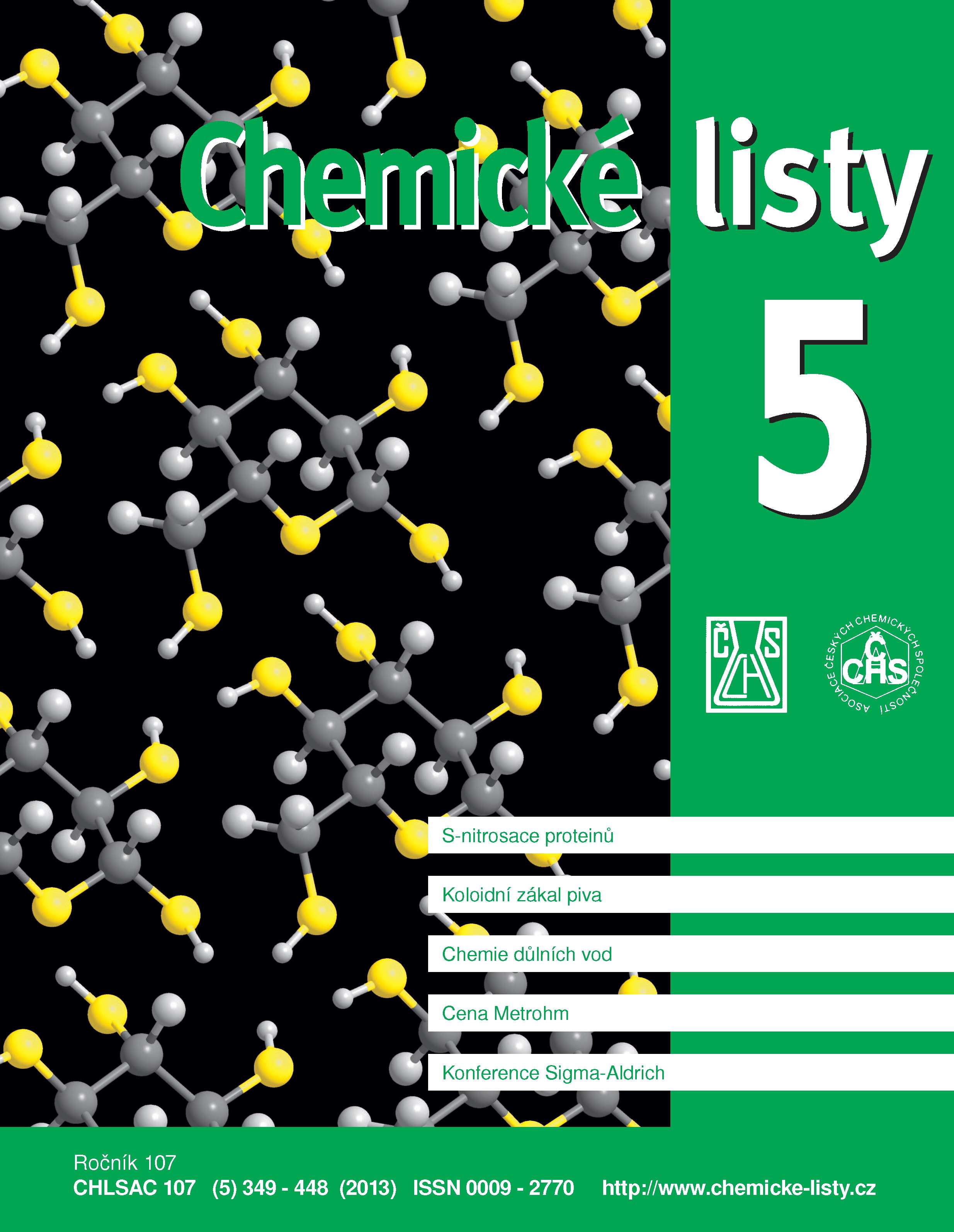Adaptation Responses of Bacterial Strains to Environmental Stress Caused by the Presence of Toxic Organic Compounds
Keywords:
adaptation, bacteria, bioremediation, fatty acids, membrane, stressAbstract
A prospective method for decontamination of the environment is bioremediation using bacteria or fungi and phytoremediation using plants to degrade pollutants. The bacteria used for biodegradation must be able to colonize the contaminated area. Some of them have developed efficient adaptation mechanisms to survive under adverse conditions. Most adaptive mechanisms are associated with membrane fluidity and lipid-phase stability. In the presence of organic compounds bacteria decrease membrane fluidity to maintain cell viability. This can be achieved by increased cis/trans isomerization, membrane saturation and alternation of branched and cyclopropyl fatty acids.





